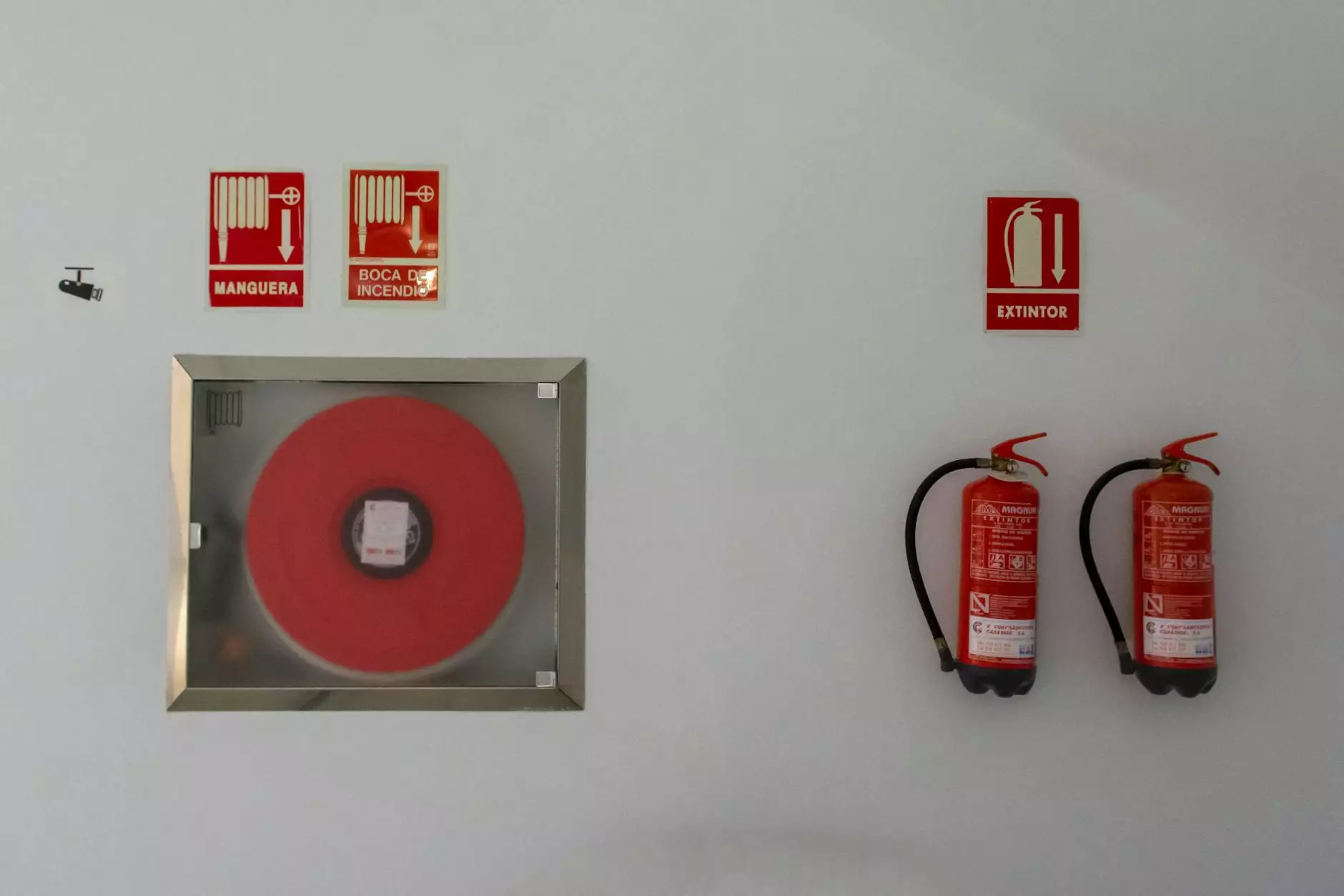The Essential Role of Oil Coolers for Diesel Engines

When it comes to diesel engines, maintaining optimal performance and longevity is paramount. One often overlooked yet crucial component is the oil cooler for diesel engines. In this article, we will delve into what oil coolers do, their significance in enhancing engine performance, and how to select the right one for your diesel engine needs.
What is an Oil Cooler?
An oil cooler is a heat exchanger that diminishes the temperature of the engine oil as it circulates through the engine. This component is particularly vital in diesel engines, which typically operate at higher temperatures than gasoline engines. By regulating oil temperature, oil coolers help maintain the viscosity of the oil, ensuring it can effectively lubricate vital engine components.
Why Diesel Engines Require Oil Coolers
Diesel engines generate more heat due to their higher compression ratios. Some significant reasons for the necessity of an oil cooler include:
- Heat Management: Excessive heat can lead to premature wear and tear on engine components.
- Viscosity Control: Oil must maintain its viscosity even under high temperatures to ensure proper lubrication.
- Enhanced Engine Longevity: Consistent oil temperature contributes to an extended engine lifespan.
- Improved Performance: Cooler oil can improve the overall performance of the engine, especially under heavy loads.
How Oil Coolers Work
The function of an oil cooler is simple yet effective. Engine oil, warmed by the engine, flows through the cooler where it is exposed to cooler air or coolant. This process effectively reduces the oil's temperature before it circulates back into the engine. Oil coolers can be classified mainly into two types:
1. Air-Cooled Oil Coolers
These coolers use air to cool the oil. They are generally smaller and simpler in design, relying on the flow of air to dissipate heat. Air-cooled oil coolers are suitable for applications with limited space and for environments that are not excessively hot.
2. Liquid-Cooled Oil Coolers
This type uses the engine's cooling system (typically a radiator) to cool the oil. Liquid-cooled oil coolers are more effective in maintaining lower oil temperatures, making them excellent for heavy-duty applications where engines work under high stress.
The Benefits of Using an Oil Cooler for Diesel Engines
The advantages of having an oil cooler tailored for diesel engines are numerous:
- Improved Engine Efficiency: Cooler oil enhances engine efficiency, resulting in better fuel economy.
- Reduced Wear and Tear: By keeping oil temperature in check, an oil cooler reduces the overall wear on the engine components.
- Prevention of Oil Breakdown: High temperatures can cause oil to break down, leading to poor lubrication. Oil coolers help prevent this issue.
- Consistent Performance: Maintaining optimal temperatures allows the engine to perform consistently, especially during demanding conditions.
Choosing the Right Oil Cooler for Your Diesel Engine
Selecting the right oil cooler is crucial for maximizing the benefits they offer. Here are important factors to consider:
1. Compatibility
Ensure that the oil cooler you choose is compatible with your engine type and model. Different engines may have different lubrication requirements and coolers are not universally interchangeable.
2. Size and Capacity
The size of the oil cooler impacts its efficiency. A larger oil cooler can dissipate more heat, but it should still fit well within your engine compartment without blocking vital airflow.
3. Type of Cooler
Decide whether an air-cooled or liquid-cooled oil cooler best suits your needs based on your operating conditions and vehicle profile. For heavy-duty applications, a liquid-cooled option may be more effective.
4. Brand Reputation
Opt for oil coolers from reputable brands known for their quality and performance. This ensures that you are investing in a product that is built to last and perform under pressure.
Maintenance Tips for Oil Coolers
- Regular Inspections: Periodically check the oil cooler for any signs of damage or leaks.
- Keep It Clean: Ensure that the cooler is free from debris and dirt that might obstruct airflow or diminish cooling efficiency.
- Monitor Oil Quality: Regularly check the quality of the engine oil. Contaminated oil can affect cooler performance.
Key Takeaways
In conclusion, the oil cooler for diesel engines is an essential component that plays a significant role in maintaining the overall health and efficiency of diesel engines. By effectively managing oil temperatures, oil coolers facilitate better lubrication, reduce wear, and enhance performance.
When selecting an oil cooler, consider compatibility, size, type, and brand reputation to ensure you make an informed decision. Regular maintenance is also vital to maximize the lifespan and effectiveness of your oil cooler. For more information on oil coolers and other diesel engine parts, visit client-diesel.com.
FAQs About Oil Coolers for Diesel Engines
What happens if my oil cooler fails?
If your oil cooler fails, the engine can overheat due to rising oil temperatures, leading to poor lubrication and potential engine damage. Regular inspection is crucial to avoid this issue.
Can I install an oil cooler myself?
While skilled DIYers can install an oil cooler, it's advisable to consult a professional mechanic to ensure correct installation and compatibility with your engine.
How often should I replace my oil cooler?
Oil coolers should be inspected regularly. If signs of damage or corrosion are present, or if you're experiencing engine overheating, consider replacing the oil cooler.
Conclusion
Utilizing an oil cooler for your diesel engine not only optimizes engine performance but also extends the life of crucial components. With proper selection and maintenance, you can ensure your diesel engine runs smoothly and efficiently under any condition. Invest in quality oil coolers and prioritize engine health for the long haul.









